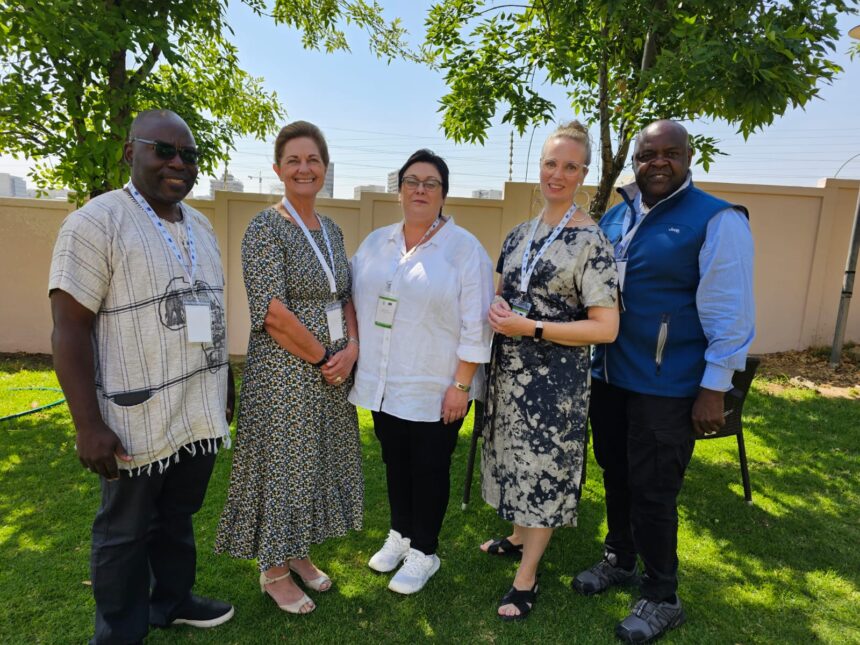Iuze Mukube
Managing mental health issues is difficult enough, but dealing with them during pregnancy has a significant influence on both the mother’s and child’s wellbeing.
It is, therefore, critical to treat maternal mental health issues as soon as possible.
Oftentimes, these issues, which can range from extreme anxiety to post-partum depression, go undetected but have detrimental effects on entire communities.
“Mothers are actually afraid to speak up because taboos and myths are tied to this issue, so this silent but soulful cry for help goes unanswered,” said Annaloice Penduka, a midwifery lecturer at the International University of Management (IUM).
She stressed the need to debunk the stigma attached to mental health, and make it a topic of open discussion.
She said Namibia lacks a curriculum that addresses maternal mental health.
This needs to change to give students the confidence to talk about these concerns, and be able to recognise the signs of a woman experiencing these conditions.
To address these issues, Penduka said the eMaMa initiative prepares trainers to instruct medical students on maternal mental health.
Early in October, the programme had a three-day training session in Windhoek, with participants coming from all over sub-Saharan Africa.
This paper engaged with various leading and principal investigators of the eMaMa project.
Hans Amukugo, a researcher at the University of Namibia (Unam), said there is a deficiency in the curriculum concerning maternal mental health issues among mothers.
Therefore, institutions ought to enhance their training programmes on maternal mental health, and educate policymakers on how to better support mothers who are facing mental health issues.
In sub-Saharan Africa, depression affects approximately 10 to 15% of pregnant women, stated Mari Berglund, a doctoral researcher at Turku University of Applied Sciences.
She said the basis of the eMaMa project is to explore the current situation related to the competence of higher education teachers on perinatal mental health.
She expressed the first phase of the project was to explore the competence as well as attitudes of healthcare professionals on the issue.
Associate professor Genesis Chorwe-Sunganiof Kamuzu University of Health Sciences noted that they looked over the curriculum materials to investigate the training and gaining of knowledge and abilities of healthcare professionals.
Furthermore, the project will benefit women, particularly on how well they receive maternal mental healthcare from healthcare providers.
“There is a gap in accessing maternal mental healthcare services, as there is a lack of integration between actual maternal mental care into the general maternal as well as child and healthcare service, thus the need for reinforced training,” said Chorwe-Sungani.
Stakeholders involved in eMaMa are the Turku University of Applied Sciences, Unam, IUM, University of Zambia, Riga Technical University, University of West Attica, Kamuzu University of Health Sciences, Catholic University of Malawi and Mulungushi University.



